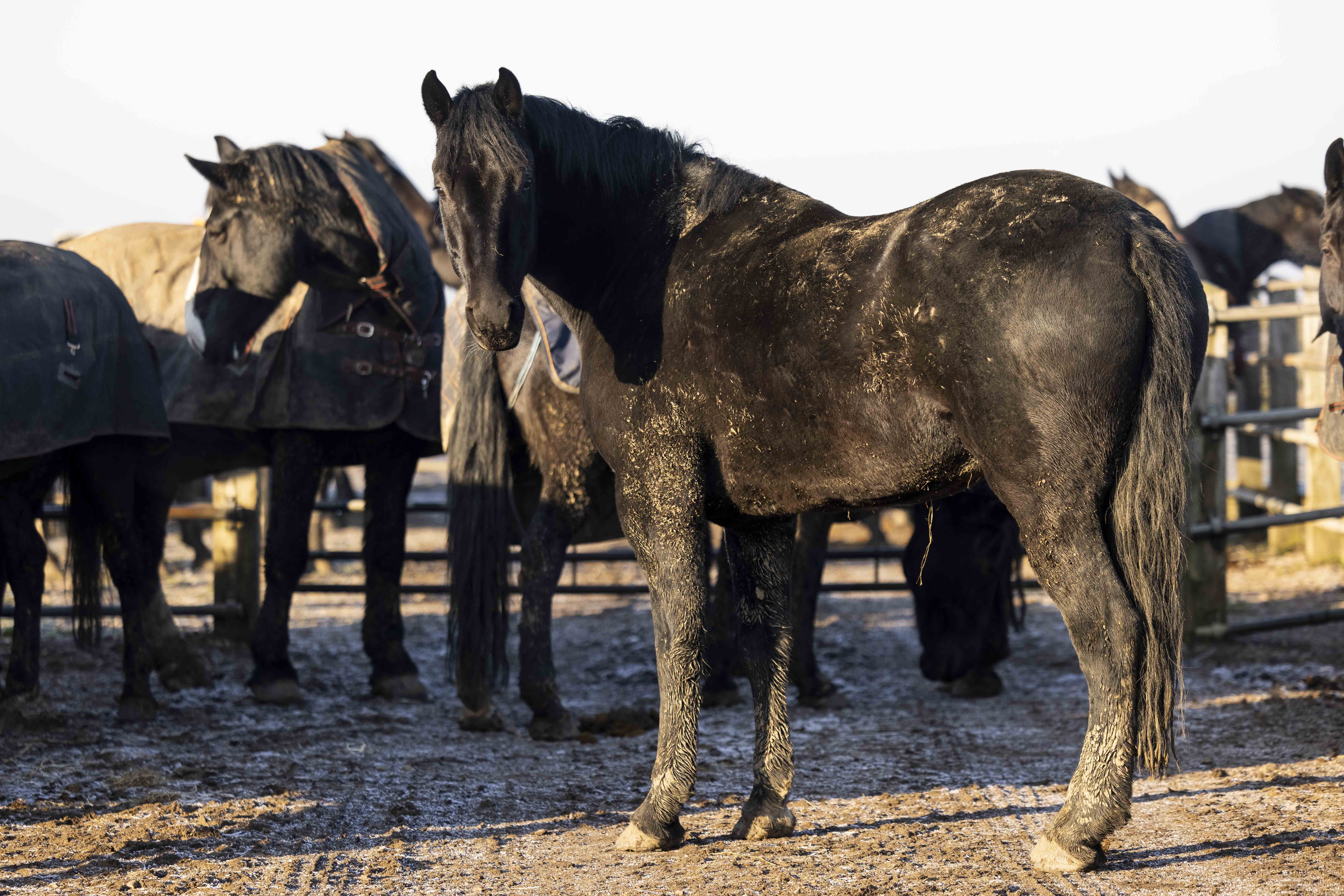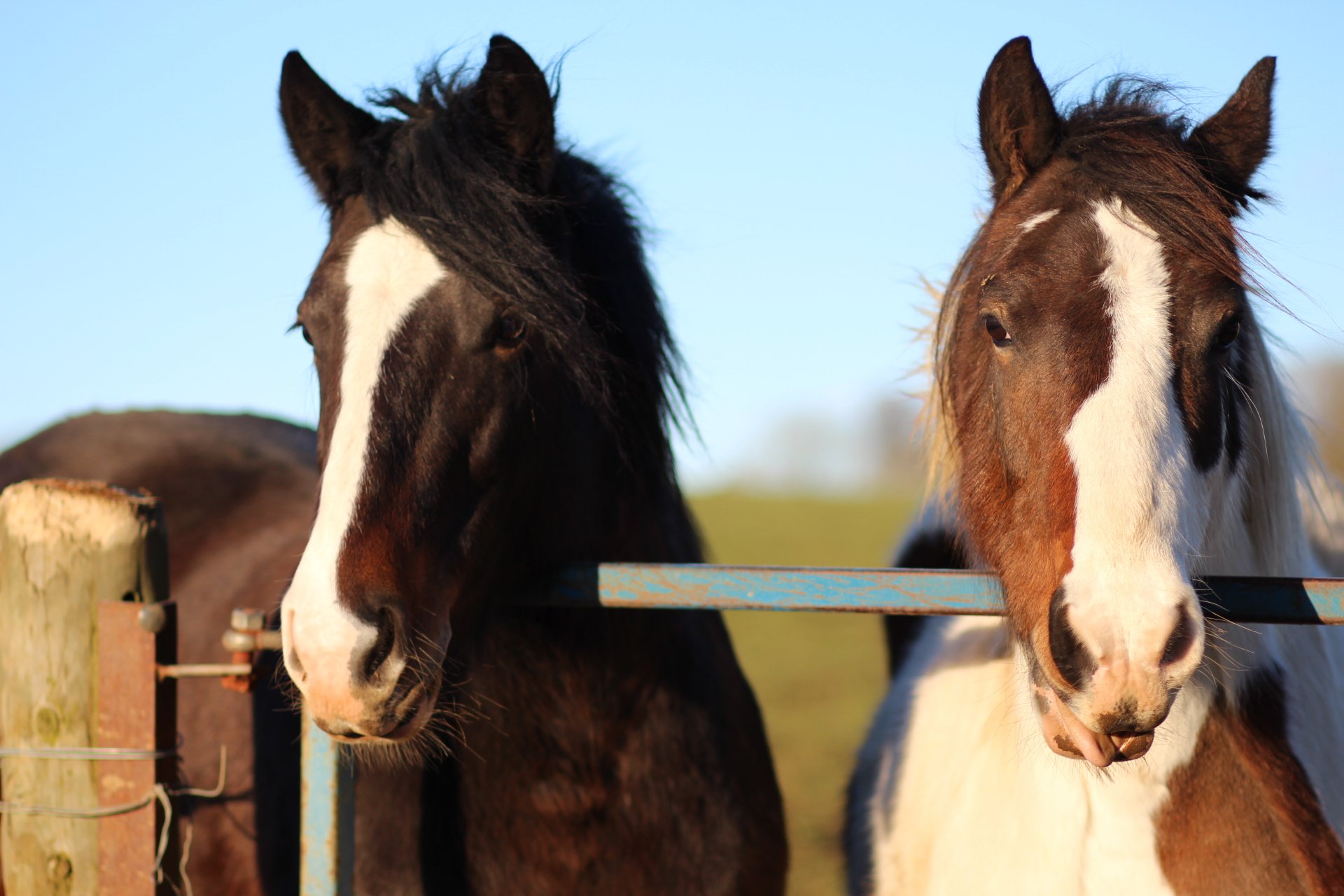Horses are susceptible to a variety of health issues, and one that is often overlooked is thrush. While thrush is commonly associated with the hoof, recent research suggests that this condition may have connections to systemic health issues in horses.
Understanding the potential impact of thrush beyond the hoof can help veterinarians and horse owners better manage the overall health and well-being of their equine companions. In this article, we will explore the possible links between thrush and systemic health issues in horses and delve into the implications for horse care and management.
1. Understanding Thrush in Horses

Understanding thrush in horses is essential for maintaining optimal equine health. Thrush is a common bacterial infection that affects the hoof, specifically the frog area.
This condition can cause discomfort and lameness if left untreated. Thrush is often caused by bacteria thriving in damp, dirty conditions.
It is important for horse owners to regularly clean and inspect their horses hooves to prevent and treat thrush. In severe cases, thrush can lead to systemic health issues in horses, affecting not only their hooves but also their overall well-being.
Regular hoof care and early detection of thrush are key to preventing potential systemic health issues in horses.
2. Potential Systemic Health Issues Linked to Thrush

Various systemic health issues can potentially be linked to thrush in horses, ranging from mild discomfort to more serious complications. Thrush is a fungal infection that primarily affects the hooves, leading to a breakdown of the hoof tissue and eventual lameness if left untreated.
However, the effects of thrush can extend beyond the hooves and impact the overall well-being of the horse. For example, if the infection spreads to the bloodstream, it can lead to systemic inflammation and potentially compromise the immune system.
In severe cases, thrush can also cause secondary infections in other parts of the body, such as the respiratory or gastrointestinal systems. Therefore, it is essential for horse owners to be aware of the potential systemic health issues associated with thrush and take preventive measures to keep their horses healthy and happy.
3. Investigating the Impact of Thrush on Overall Horse Health

As we delve into investigating the impact of thrush on overall horse health, it becomes clear that this common hoof condition can have far-reaching consequences beyond just the hoof itself. Thrush, a bacterial infection caused by wet and dirty conditions, can lead to pain and discomfort in the affected hoof.
In severe cases, the infection can spread to other parts of the horses body, potentially resulting in systemic health issues. Understanding the connections between thrush and the horses overall well-being is crucial in ensuring the health and longevity of these magnificent animals.
By examining the potential links between thrush and systemic health issues, we can better care for our equine companions and prevent the negative effects of this troublesome condition.
Conclusion
In conclusion, it is evident that thrush in horses can indeed lead to systemic health issues if left untreated. By exploring the connections between thrush and other health problems, such as lameness and abscesses, it becomes clear that proper hoof care and management are essential for maintaining overall horse health.
Thrush Prevention through regular cleaning and maintenance of the hooves is crucial in avoiding not only the discomfort and pain associated with thrush but also potential systemic complications. It is imperative for horse owners and caretakers to be vigilant in monitoring and addressing thrush to ensure the well-being of their equine companions.




